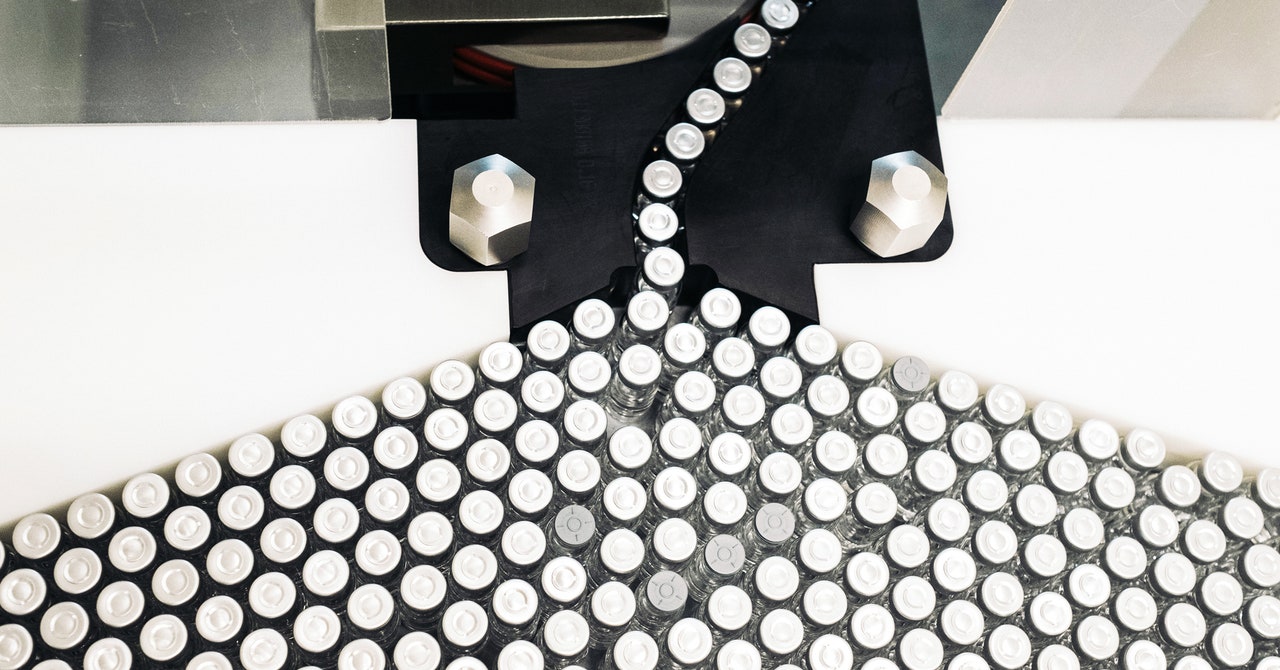
The changing nature of the virus also makes it difficult to conduct human clinical trials and get a new antibody to patients in time for it to work against the current variants. At a meeting in December, drugmakers asked US and European regulators to consider adopting new standards for approving new antibody drugs, especially those meant for immunocompromised people. They suggested that new antibody drugs that are similar to previously authorized ones shouldn’t have to go through large clinical trials to test their effectiveness. Instead, extensive lab tests and small safety trials, like what’s done for the annual flu vaccine, may be sufficient.
Researchers are now looking for the holy grail of antibodies, one that would be longer-lasting and effective across many variants of SARS-CoV-2, including those that might emerge in the future. Carnahan’s team has identified what he calls a “small panel of antibodies” that, at least in lab, work against all of the existing Covid-19 variants, including XBB.1.5. They’re now looking for a company to partner with that could further develop those antibodies and test them in clinical trials. The group previously partnered with AstraZeneca, which commercialized Evusheld.
Scientists at Regeneron Pharmaceuticals, the New York–based biotech company that made one of the monoclonal antibody treatments, have identified an antibody that binds to a region outside the receptor binding domain. “We have been able to identify one antibody against a site of the virus that is very conserved,” meaning this part of the virus hasn’t changed much, says Christos Kyratsous, who heads infectious disease research at Regeneron. “It’s been conserved from the beginning of the pandemic all the way to today. It’s a very rare antibody, because unlike other antibodies that are binding to these conserved sites, it is extremely potent.”
And that gives him hope that lab-made antibodies developed to recognize this site will keep working, even if the virus’s receptor binding domain continues to mutate in the future. Still, Kyratsous says there’s often a trade-off between breadth and potency. There may be many antibodies that bind to many variants but don’t neutralize them well. So far, this one seems to do both. In clinical trials this summer, Regeneron plans to test the antibody as both a prophylaxis against and a treatment for Covid-19.
In December, AstraZeneca began testing a potential replacement for Evusheld in trials of immunocompromised patients. In lab studies, the new long-acting antibody has been shown to neutralize all SARS-CoV-2 variants tested to date, including variants that have proved resistant to other monoclonal antibodies, according to a company statement from January. AstraZeneca says it’s aiming to make the new antibody available in the second half of 2023, pending regulatory approval. The company estimates that around 2 percent of the global population could benefit from monoclonal antibodies for Covid-19 protection.
For the rest of the population, Adarsh Bhimraj, an infectious disease physician at Houston Methodist Hospital in Texas, thinks our current vaccines and antivirals will be enough. “This is not 2020, where we have no drugs and the pandemic is causing lots of deaths and hospitalizations,” he says.
He says there should be a higher bar for getting antibodies approved for treating Covid-19 now that effective antivirals are available, and death and hospitalization rates are down. He thinks drugmakers should be able to show that new antibodies can alleviate symptoms and shorten the length of disease, rather than simply keep people out of the hospital. “What matters to patients should be studied in trials,” he says.
For now, the FDA recommends that clinics and hospitals keep existing monoclonal antibody drugs on hand in case variants that are susceptible to them pop up again in the US. “Although the monoclonal antibodies don’t work right now, there is always a possibility that the circulating Covid-19 variants change so the monoclonal antibodies may work again in the future,” Wales says. “We don’t know that yet.”


